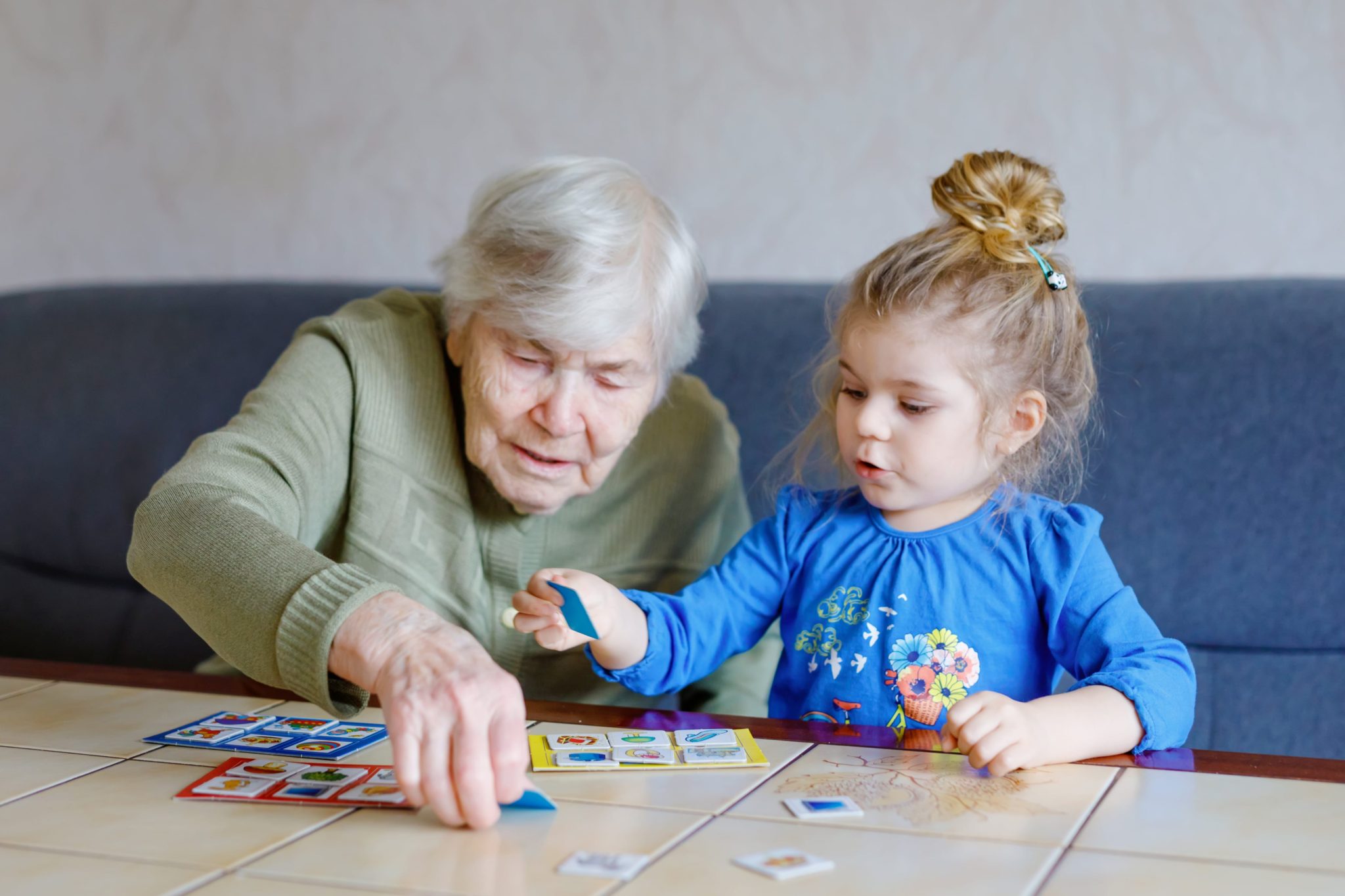
When something suddenly changes in your loved one’s health, you immediately jump into action and start making doctor’s appointments and health care plans. But when it comes to age-related cognitive declines, such as dementia and Alzheimer’s disease, things can progress more slowly. It can be challenging to make plans and appropriately plan for what happens next.
Luckily, there are ways you can take a step back as a caregiver to evaluate your loved one’s health needs and make mindful, long-term health care plans.
5 Signs for Caregivers That it’s Time for Memory Care
Numerous studies show better outcomes for individuals with dementia that move into memory care sooner. While your loved one might have thrived in assisted living for years, there will come a time when you need to take a step back and re-evaluate their mental, physical, and emotional wellbeing. Speaking with staff members about memory care for your loved one will ensure they continue to get the appropriate level of care for their needs.
The following are five obvious signs it’s time for memory care :
1. Alzheimer’s, Dementia, or a Cognitive-Related Diagnosis
While some cognitive decline is common among aging adults, when it becomes extreme enough that they are forgetting names, places, dates and neglecting their responsibilities, it’s time to make an appointment with your loved one’s physician. Once a proper diagnosis is given, you can discuss when it’s time to move from assisted living to memory care.
2. Caregiver Burnout
When caregiving becomes a 24/7 job for you or the assisted living staff at your loved one’s retirement community, it might be time to consider a higher level of care. Memory care is a good way to get your loved one the support they need to live life to the fullest while giving you a break from the burden of caregiving responsibilities.
3. Social Isolation
For someone living with dementia, socialization can become very challenging. If you find that your loved one is isolating themselves from friends and family members, it could be a telltale sign that they need more support than they are currently getting. Memory care communities provide daily activities, supervised outings, and other opportunities for seniors with dementia to find enjoyment and social interaction.
4. Safety is an Issue
As dementia progresses, it’s not uncommon for individuals to act out in fits of aggression. This threat of violence can threaten your safety and the safety of residents or staff members in their assisted living community. By transitioning to memory care, your loved one can get the support they need to maintain their safety and the safety of those around them.
5. Physical Health Changes
There are often physical signs that should alert you that something is changing with your loved one’s health. Weight loss, mobility problems, getting lost easily, and balance issues are all signs that your loved one might need more assistance. Memory care communities are designed to monitor your loved one’s nutrition and physical wellbeing closely.
Paying attention to the signs it’s time for memory care may seem daunting, but ultimately, you will know when it’s time. Always trust your gut and follow the direction of your loved one’s staff members at their assisted living community. While it’s never easy to admit it’s time for memory care, you have to remember it is in the best interest of your loved one’s mental, physical, and emotional health.
Be Proactive About Memory Care at Heritage Senior Living
Heritage Senior Living offers a full continuum of care, including Independent Living, Assisted Living (RCAC), Enhanced Assisted Living (CBRF), and Memory Care (CBRF), meaning we can offer the right amount of care for your loved one’s individual needs. It is our goal to help individuals age in place as their health needs change. Be proactive about your loved one’s changing health needs at Heritage Senior Living. We invite you to learn more about our continuous care. Contact us today with questions or to schedule a tour.

